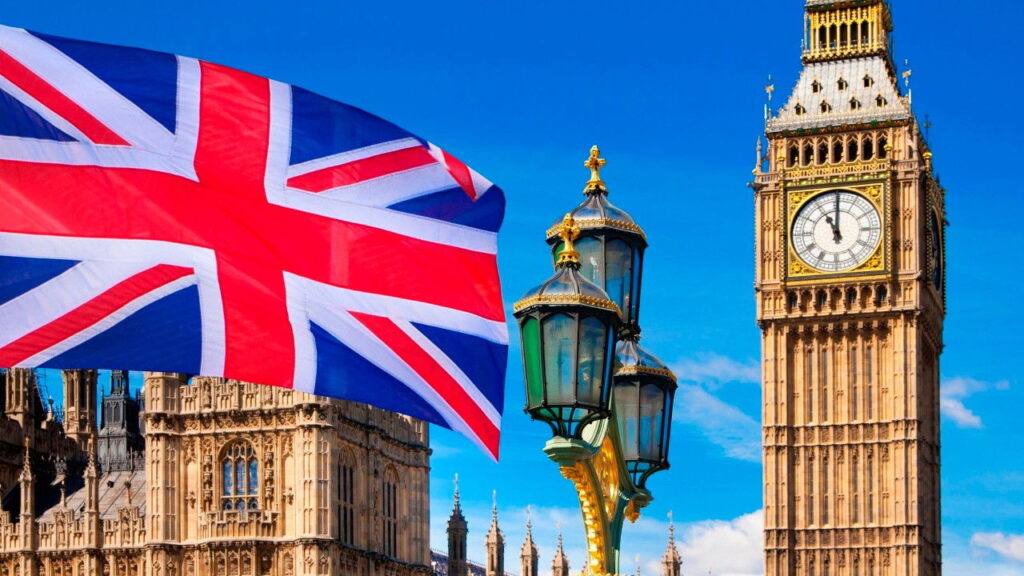UK gambling sector faces tax hike as survey estimates 1.4M problem gamblers | Yogonet International
Summary
The UK gambling industry is under renewed political pressure after Chancellor Rachel Reeves suggested bookmakers and online casinos should “pay more” ahead of the autumn budget. The Gambling Commission published an annual survey of more than 19,000 people showing 2.7% of adults scored 8+ on the Problem Gambling Severity Index — equivalent to roughly 1.4 million people nationwide. That figure is far higher than a previous 0.4% estimate produced using an earlier polling format, following a methodological change by the regulator.
The story also notes calls from former prime minister Gordon Brown and several think tanks for larger contributions from the sector — including proposals of up to £3 billion — to help fund social measures. The Gambling Commission flagged higher problem-gambling rates in deprived areas and identified product-specific risks, notably high-street slot machines and frequent in-play sports betting. The Betting & Gaming Council disputes the new figure and points to voluntary industry contributions and illegal black-market activity as parallel concerns.
Key Points
- Chancellor Rachel Reeves indicated bookmakers and online casinos should contribute more, signalling a possible tax rise on the £11.5bn sector.
- The Gambling Commission survey (19,000+ respondents) found 2.7% of adults score 8+ on the Problem Gambling Severity Index — about 1.4 million people in Britain.
- The Commission changed its methodology and removed prior caveats about extrapolating results; the older polling format had estimated 0.4%.
- Problem gambling is concentrated in deprived areas and linked particularly to slot machines and frequent in-play sports betting.
- The Betting & Gaming Council defends the industry, citing £170m in voluntary contributions for research, education and treatment over four years and warning about the illegal market.
- Policy responses being discussed include higher operator duties, possible local powers to block new slot venues and greater funding for treatment and prevention programmes.
Context and relevance
This matters because it sits at the intersection of public health, fiscal policy and industry regulation. For operators, a tax rise or new local powers on venues would affect margins and expansion plans. For investors and suppliers, regulatory tightening and shifts in consumer protections could change market dynamics. For policymakers and campaigners, the survey provides fresh evidence to justify stronger measures and increased funding for treatment.
The methodological change in the Gambling Commission’s approach is also important: it materially alters prevalence estimates and therefore the political and fiscal case for higher industry contributions. The issue ties into broader trends of closer scrutiny on gambling harms, spotlighting specific product risks (slots and in-play betting) and debates over how to balance revenue, public health and the black-market threat.
Why should I read this?
Because this is where politics, public health and the gambling business collide — and the numbers are big enough to make ministers act. Quick take: a major regulator now estimates 1.4m problem gamblers, ministers are openly talking about higher levies, and operators face both reputational and financial headwinds. If you track regulatory risk, market sizing or policy changes in iGaming and betting, this story saves you the headache by boiling the essentials down fast.
